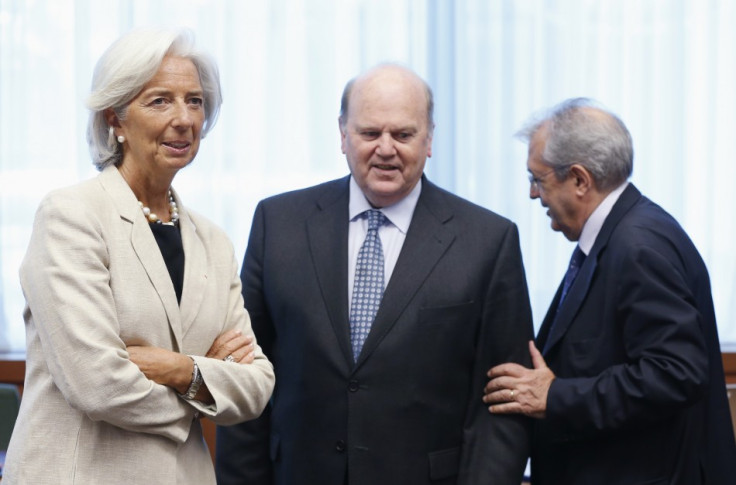Irish Exporters Welcome Move to Close 'Double Irish' Tax Loophole

Irish exporters have welcomed the news that the government is to close the "Double Irish" tax loophole used commonly by overseas corporations.
In his 2015 Budget, the details of which were announced yesterday (14 October), Finance Minister Michael Noonan said he would end the breaks which have allowed multinational companies such as Google, Apple and Amazon to save billions in unpaid taxes in the US.
In a statement on its website, the Irish Exporters' Association (IEA)'s CEO Simon McKeever said: "The reassertion of our commitment to the 12.5% corporation tax rate and the move to abolish the so-called "Double Irish". These measures give certainty to our existing and prospective Investment community as well as enhancing our reputation abroad."
McKeever said the budget will help support SMEs, who are "the lifeblood of our economy and play a crucial role in economic and employment growth".
However, multinational companies have voiced their hopes that the news will not have a major impact on their business.
In a conference call shortly after the news was announced, Dominic Caruso, the chief financial officer of healthcare and pharmaceutical giant Johnson & Johnson said: "We expect the grandfathering provisions will give us all time to adjust any plans as a result of the impact. They do expect to keep Ireland competitive."
US government officials have been piling pressure on their Irish peers to take action to ensure companies are paying the correct amount of tax in their home market.
A recent study by Citizens for Tax Justice (CTJ) showed that Ireland is by far and away the country or territory with a population of over one million people being used by US companies for corporation tax avoidance purposes.
Companies which reported figures such as these in Ireland announced just 3% in tax payments in overseas regions, emphasising the fact that the country is being used as a corporation tax loophole.
While Ireland officially has a 12.5% rate of corporation tax for trading income, a separate report released earlier this year found that US multinationals reported paying an effective tax rate of just 2.2% in 2011.
The Double Irish allows overseas firms to save in taxes by transferring income from an Irish-registered operating company to another Irish-registered company based in an offshore tax haven.
The European Commission has also been vocal in its criticism of Ireland's tax regime and is probing tax arrangements between Ireland and Apple. Apple is thought to pay less than 2% tax in Ireland.
The commission is also investigating the tax arrangement between Luxembourg and online retail giant Amazon. Amazon pays less than 1% tax on its annual income in Luxembourg, through which it channels much of its revenues.
© Copyright IBTimes 2025. All rights reserved.






















